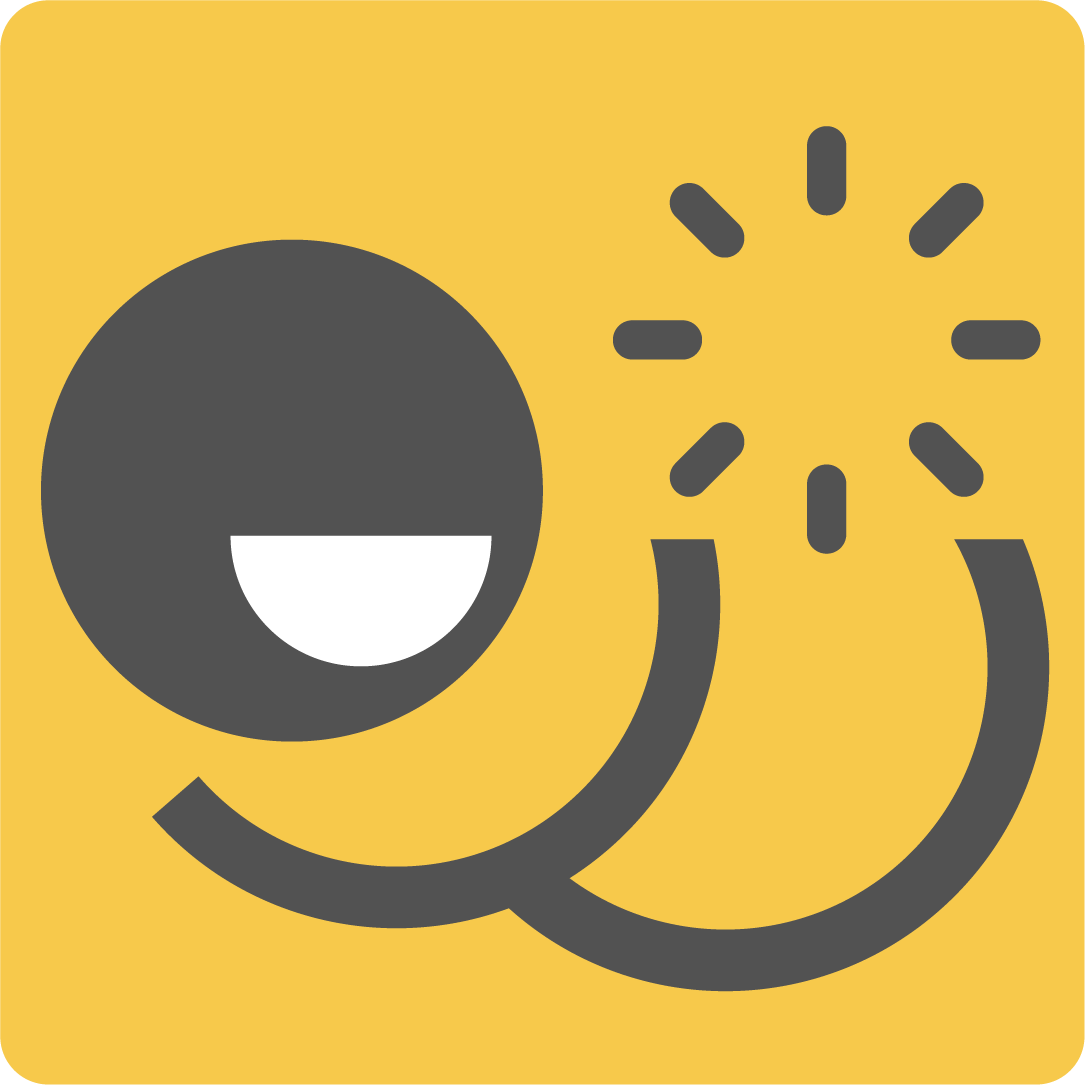3 Kinds of Questions to Ask Your Users
Is this … meme homage, reference, or both?
Let's look at three kinds of questions through the lens of this scenario: You're on a product team in a company that makes a lumber cutting tool. Your team is asking your audience of users questions to discover more about why they care about your product. Then let's say your team drafts this set of questions to ask:
- When you need to cut a board, what do you do?
- What is that like for you?
- Do you get frustrated when you cut a board with a saw from our competitor?
Questions show your audience that you are open to learn. If someone who relates to your product or service via feedback forms, or happen to be research participants, or are users getting support via web chat messages, the questions you ask tell them something about you.
What are these questions telling the audience? In this set of questions we have a general question, an open question, and a leading question.
1. When you need to cut a board, what do you do?
The first question I asked is general with a small amount of context. A little bit of framing gives focus without micro managing. You're showing there's a particular matter you want to learn more from this person about. Then next to the context, attach an open ended question. These questions can feel business-like and caring at the same time.
2. What is that like for you?
The second question is open ended. Open ended questions ask your research participant to share their thoughts in any order or fashion that suits them. Open ended questions are useful to add on to a previous question's context. Also they can get a process going by demonstrating you're wide open to learn.
With a general question and with open ended questions, you may get more response than you expected. To learn from the response you will need to invest enough time to gather observations and insights from the full content.
3. Do you get frustrated when you cut a board with a saw from our competitor?
The third question is leading. You can detect a leading question because it gives part of the answer the asker wants to hear. When you're asked a leading question, how do they make you feel? To tell someone most of what you want them to say misses the point of asking a question. You will not learn what you set out to learn.
Can a leading question be useful?
Each question you compose is a building block that points to what you want to learn and ways to go about learning it. A leading question is a useful place to start when you're planning. Encoded within your leading question is something you are hoping to learn. Take note and rephrase that question in some combination of general and open questions.

